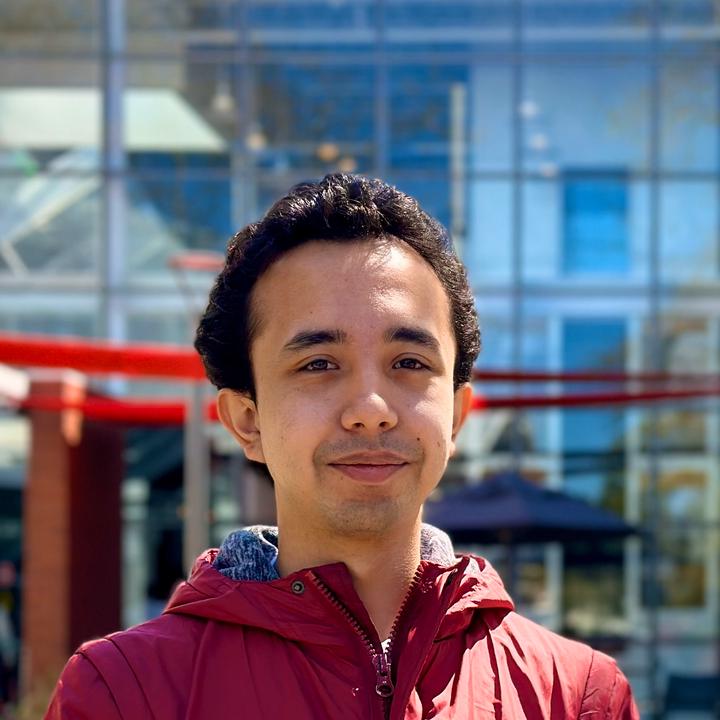Fast Attack Recovery for Stochastic Cyber-Physical Systems

Abstract
Cyber-physical systems tightly integrate computational resources with physical processes through sensing and actuating, widely penetrating various safety-critical domains, such as autonomous driving, medical monitoring, and industrial control. Unfortunately, they are susceptible to assorted attacks that can result in injuries or physical damage soon after the system is compromised. Consequently, we require mechanisms that swiftly recover their physical states, redirecting a compromised system to desired states to mitigate hazardous situations that can result from attacks. However, existing recovery studies have overlooked stochastic uncertainties that can be unbounded, making a recovery infeasible or invalidating safety and real-time guarantees. In this talk, I will present a novel recovery approach that achieves the highest probability of steering the physical states of systems with stochastic uncertainties to a target set rapidly or within a given time. Finally, I will demonstrate the practicality of our solution through the implementation in multiple use cases encompassing both linear and nonlinear dynamics, including robotic vehicles, drones, and vehicles in high-fidelity simulators.
Please register to estimate the number of participants: https://choodle.portal.chalmers.se/vrTGzokQy6JAUsfp
Luis Burbano is a Ph.D. candidate at the Department of Computer Science and Engineering at the University of California, Santa Cruz, advised by Professor Alvaro Cardenas. He received a bachelor’s and master’s in electronics engineering from Universidad de los Andes, Colombia, in 2017 and 2019, respectively. He was selected as a cyber-physical systems Rising Star in 2023 and is participating in the ELLIIT focus period in 2024. He is interested in the security of cyber-physical systems, integrating control theory and computer science formal methods.